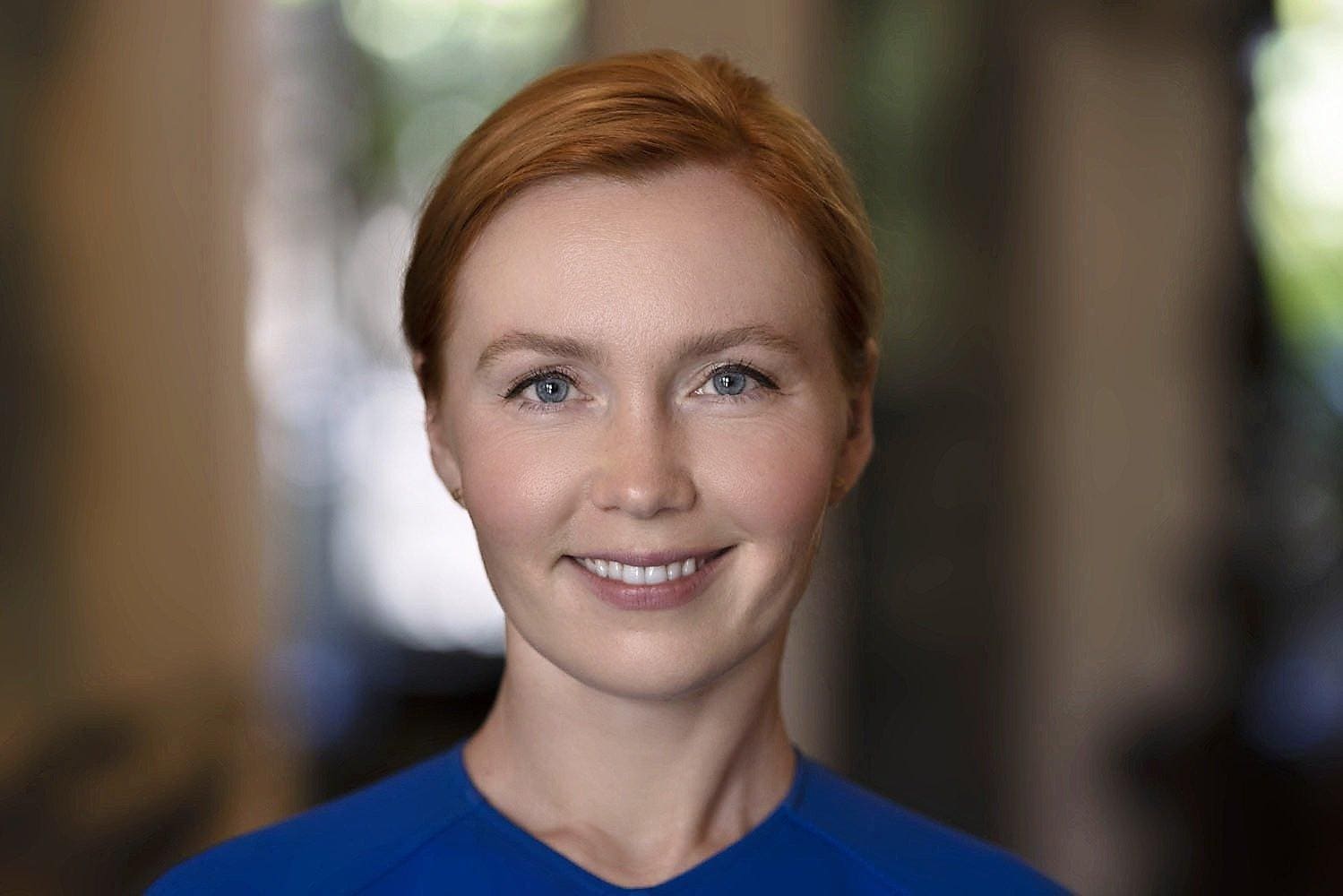Michelson Philanthropies’ FirstGen Initiative, founded by Alya Michelson, aims to uplift the voices, journeys, and contributions of immigrant women.
By Justin Chapman
Michelson Philanthropies’ FirstGen Initiative, founded by Alya Michelson, aims to uplift the voices, journeys, and contributions of immigrant women.
Jerry Sullivan, former LA Business Journal editor who now runs his own media outlet called SullivanSays SoCal, interviewed Michelson Philanthropies co-chair Alya Michelson for an episode of the “Making an Impact with Michelson Philanthropies” podcast series about the FirstGen Initiative. Listen to the full conversation here, and read a full transcript of the conversation here.
Michelson Philanthropies is an organizational umbrella overseeing various initiatives and programs intended to “make life a little less unfair.” The multifaceted organization was founded by Alya, a journalist by training, and Dr. Gary Michelson, a surgeon-turned-medical device inventor.
Sullivan asked Alya Michelson to describe her background and how that informed her approach in establishing the FirstGen Initiative.
Alya Michelson was born in Oryol, Russia, which produced a number of prominent Russian writers. After high school, shen studied journalism at Moscow State University. She earned additional degrees in world economics and music before going to work at newspapers, news agencies, radio stations, TV stations, and as a spokesperson for Russian politicians for a decade before immigrating to the United States. Her experience as a female immigrant led her to establish the FirstGen Initiative to help change the narrative about other women immigrants.
“FirstGen honestly started as something very personal, when I was trying to figure out why I couldn’t get traction and was often not taken seriously as a female professional, regardless of my skills and experience,” she said. “It has grown into a beautiful program with a multifaceted approach, as we always do at Michelson Philanthropies. I’m speaking out about the danger of the ‘single story.’”
Nigerian writer Chimamanda Ngozi Adichie coined the phrase “single stories” to describe the overly simplistic and often false perceptions people have about individuals, groups, or countries.
“I believe that most of us are still trapped by the outdated definition of migration, and it has to change,” Michelson said. “Because for me, home is more than where we were born, or even where we were raised. It’s about opportunity, community, experience, and your dreams.”
Sullivan asked about FirstGen’s partnership with the nonprofit organization Upwardly Global and its Career Skills Program. Launched in May, the program supports immigrant women moving from low-skilled jobs or unemployment to full employment relevant to their education and professional backgrounds that provides not just a living wage but a thriving wage for themselves and their families. Since May, 13 L.A.-based immigrant women have enrolled in the program and three have been placed in employment, representing Upwardly Global’s first all-female cohort.
Michelson pointed out that while many organizations focus on female empowerment and immigration, a far smaller number combines those areas of focus.
“Most of us are still trapped by the outdated definition of migration, and it has to change. Because for me, home is more than where we were born, or even where we were raised. It’s about opportunity, community, experience, and your dreams.”
—Alya Michelson, co-chair of Michelson Philanthropies and founder of the FirstGen Initiative
“There are very few organizations that serve immigrant women, particularly when we talk about serving them through the storytelling and community lens,” she said. In putting together the first all-female cohort in Los Angeles with Upwardly Global, “participants receive personal coaching, training, and certification opportunities. They get connected to top employees, industry experts, and professionals. There are 2 million immigrants and refugees who are currently unemployed and underemployed in the United States. It’s a missed opportunity both for the immigrants and the country. Our little program is just a start.”
She pointed out that many immigrants already had established professions in their original countries, but that their certifications do not always transfer over to the U.S. job market.
Sullivan asked about some of the other challenges that immigrants face when they come to the United States, such as preconceived perceptions of them.
“I have experienced firsthand the negative impacts of wrong stereotypes towards Russians,” she said. “The truth is that talent is distributed equally, but opportunities are not. Outdated stereotypes thrive on uneducated grounds. The problem of tired stereotypes does exist and it has to be somehow addressed. And you do not have to give money away, you don’t have to do philanthropy in a traditional way to make life a little bit less unfair. Every one of us can contribute. The best thing you can do is just educate yourself.”
She said the main purpose of the FirstGen Initiative is to portray immigrants as humans through storytelling. Sullivan pointed out that another aspect is to connect migrant women to one another.
“One of the challenges that I had while adjusting to this country was the disconnect from any circle and the lack of communication and reaching out,” Michelson said. “For mental health you need to talk and connect, and success stories about people like you provide this cushion, they give you a sense of community. In the future, I hope to create a physical space where women can come hang out, have a cup of coffee, and just feel safe, because it’s crucially important.”
She added that networking is always helpful, especially when you don’t have resources or connections. “Just being able to connect with someone and check in and have somebody to listen to you, that’s worth a lot,” she said.
Listen to the full podcast here. To learn more, visit michelsonphilanthropies.org and alyamichelson.org/First-Gen.

